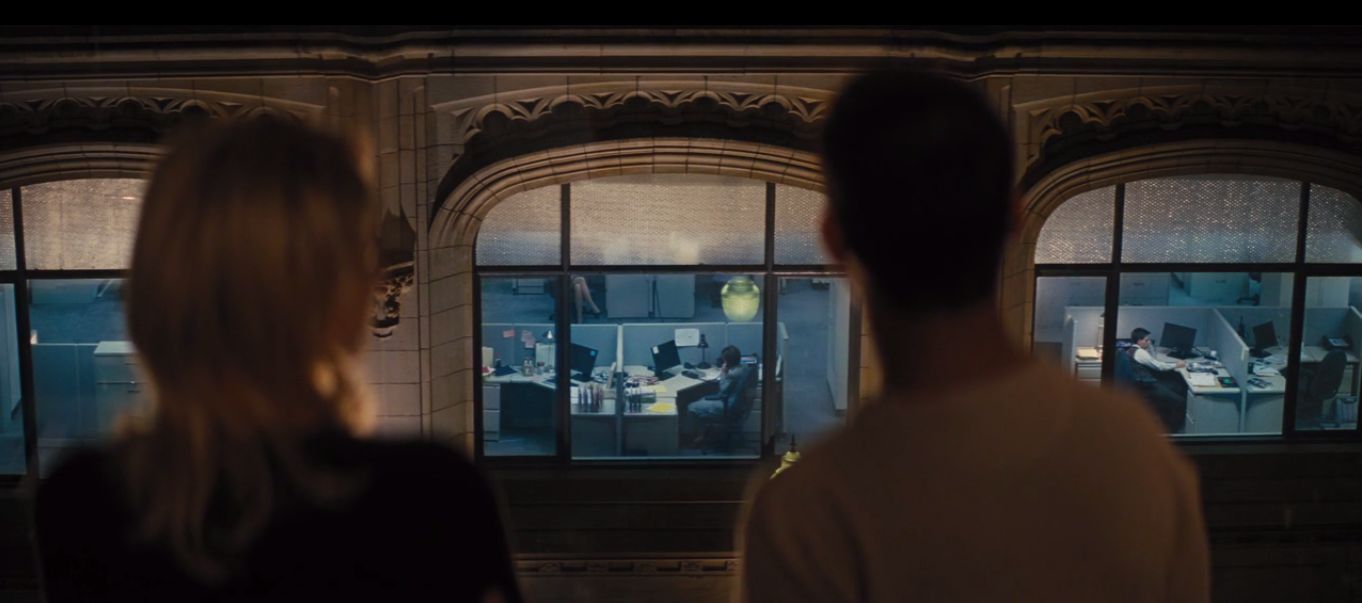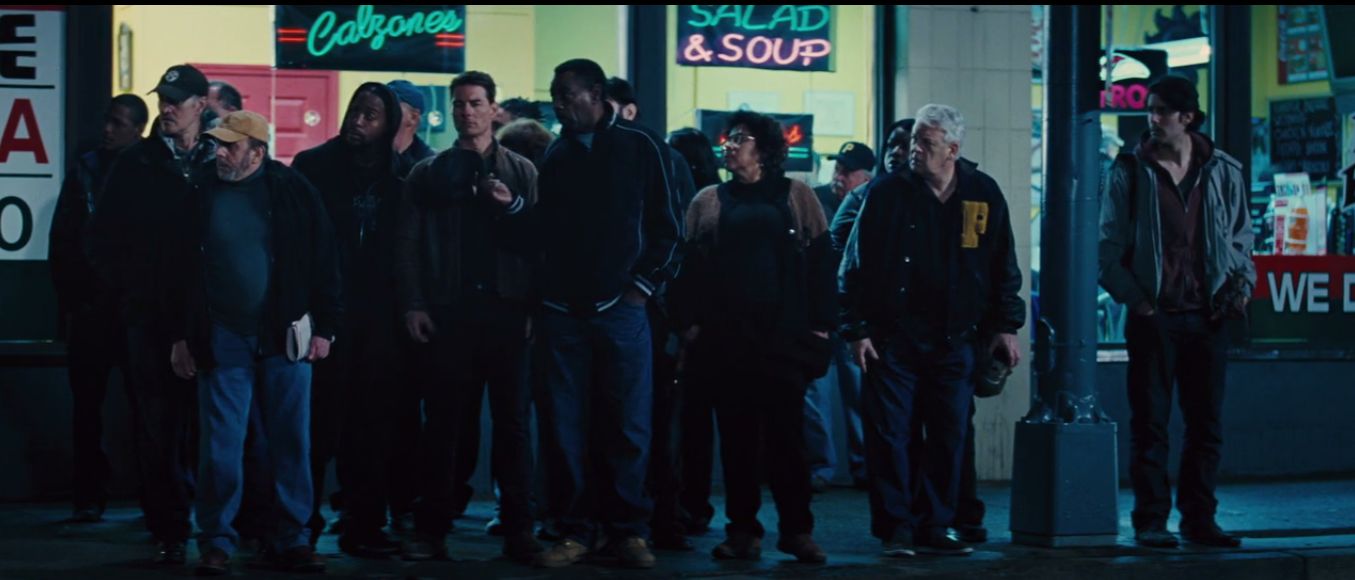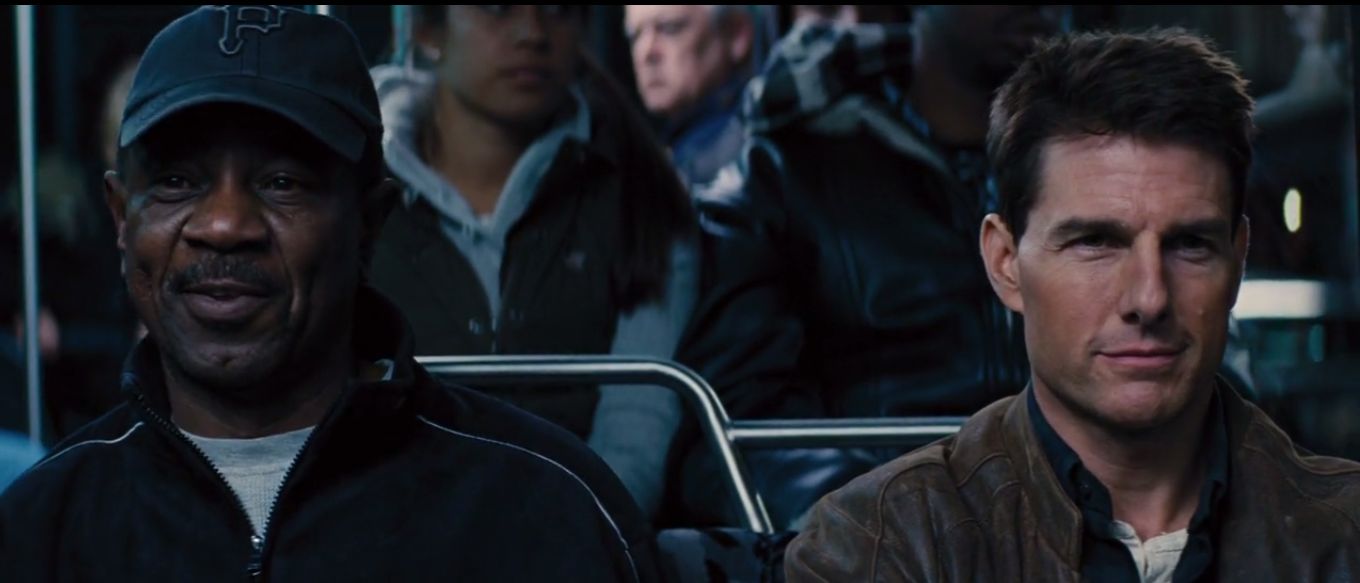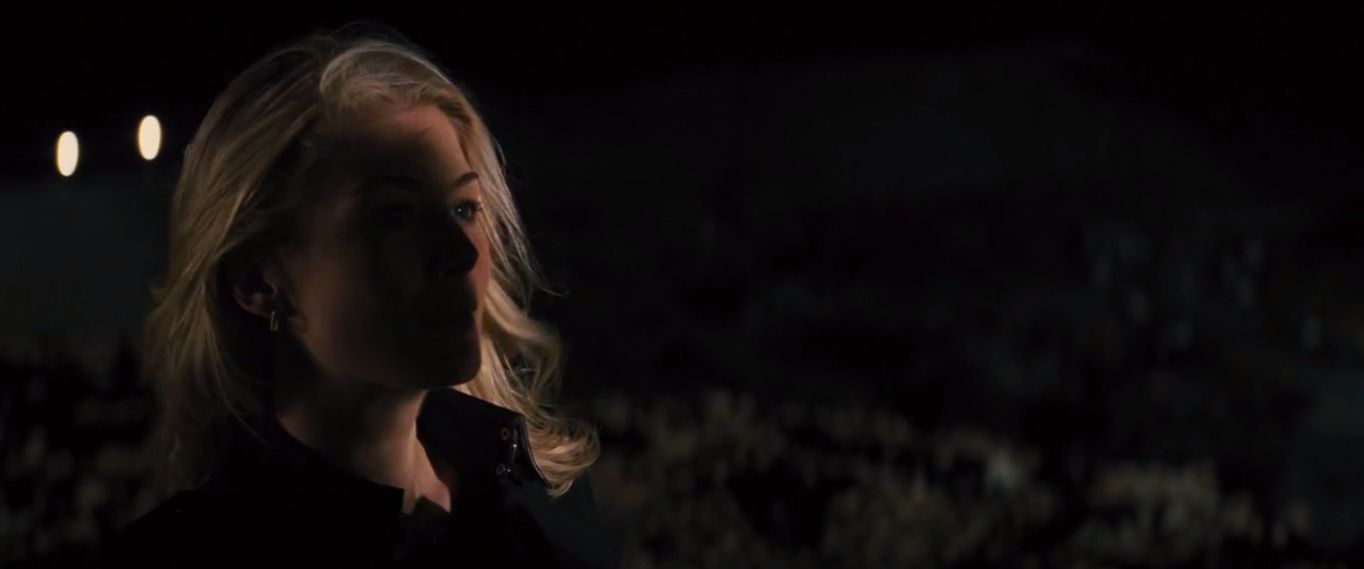Jack Reacher (2012)
/(spoilers ahead)
Jack Reacher is an odd movie. It’s a Tom Cruise vehicle in every sense of the term but it also wants to be an intelligent thriller with distinctive action scenes. It wants to be very clever and while its twists are not bad and there are some good moments, the movie is weighed down by trying too hard to make Tom Cruise as Jack Reacher look like an irresistible superhero. Women find him irresistible, he is topless for no reason, he punches himself out of every dangerous situation, he has a super brain memory, is more clever than anyone else and he devotes his life to fighting for the good. It’s asking its audience a bit too much, even for Cruise fans. The movie has some fun with showing a crucial event from different angles and by trying something new with its action scenes (which doesn’t always work) and Werner Herzog has fun as a really cold-blooded villain (who doesn’t seem to be really necessary for anything). But in the end it tries too hard to be the beginning of a franchise and wears its novelized origins too clearly on its sleeves. There are however three things that caught my attention, that serve as a reminder how supposedly good intentions can go very wrong.
In one scene, Jack Reacher (Cruise) and Helen Rodin (Rosamund Pike) talk at her office at night and she tells him that he somehow didn’t live his life right. He goes into the following monologue, looking at people working in office cubicles:
Look out the window. Tell me what you see. You see the same things that you see everyday. Well, imagine you’ve never seen it. Imagine you spent your whole life in other parts of the world, being told everyday that you’re defending freedom. Then you finally decide you’ve had enough. Time to see what you’ve given up your whole life for, everything. Get some of that “freedom” for yourself. Look at the people. You tell me which ones are free. Free from debt. Anxiety. Stress. Fear. Failure. Indignity. Betrayal. How many wish that they were born knowing what they know now? Ask yourself how many would do things the same way over again, and how many would live their lives like me.
It’s weird because on the one hand, he certainly has a point to make about our culture that constantly tells us what’s important (job, family, etc.) while most people are quite unhappy with these things and psychological disorders are the norm. Instead, he lives like a truly free man, free of all this burden. This should be exactly my thing. But it doesn’t ring true, not only because it’s said by Tom Cruise in a movie that is all about invincible Tom Cruise. It’s also flawed from a character’s point of view. How can he judge these lives that way without ever having lived one? Sure, you can judge other people even if you’re not in their shoes, but as he says, he spent most of his life fighting wars and killing people, he has no clue what it means to live in our culture. And he is still living inside it, of course, that’s the biggest delusion of that monologue. I admire the truth in that writing, especially in a big mainstream movie, but there’s something hollow about it. I don’t buy it and it’s somehow emphasized by never being picked up again in the movie.

Later, there is a car chase, during which Reacher gets out of his car, looking around to see no cops following him. He needs a hiding place in the middle of the street and decides to walk to a bus stop full of people. He lets his car roll on its own while police cars and helicopters appear. He steps into the crowd of ‘common people.’ They all look at him and I’ll be damned if you don’t think of those extras going, “Wow, I’m standing next to Tom Cruise!” The ‘characters’, though, react differently. A black man gives Reacher his baseball cap, so he can hide his face and another man helps to stand in front of him, so that the police don’t see him. It’s absolutely clear that they all want to help him. To help a man who is chased by masses of police because they know, he must be good. They get into the bus and Reacher gives the cap back to the black man, who puts it back on and smiles in a way that says: “Yeah, I really did something good today! I’m so proud of myself!” It doesn’t say: “I helped a random white man who is above us all and doesn’t give a shit about any of us and our worthless lives, and who could be a mass murderer for all I know.” The scene is absolutely ridiculous and just wrong. Again, in my well-spirited mood I could argue that this shows an inherent distrust in the authority of the police, especially for African-Americans, and I wouldn’t even be surprised if the movie wanted to go that way. But all it does is say, “Wouldn’t you help Tom Cruise, too, no matter what? He’s awesome, right!” And the shot in the bus looks uncannily like a proof that Tom Cruise can actually sit next to average black people, would you believe it?! (By the way, I’ve seen most Tom Cruise films and liked a lot of them, and while he might be a crazy person, he has a certain talent for picking good movies)


And then there’s the aforementioned Helen Rodin, played admirably by Rosamund Pike. She is a tough attorney who has the same job as her father, so that she has to work twice as hard. Strong woman, right? Well, in the movie she doesn’t do much more than assist Tom Cruise in being awesome. She isn’t able to connect the dots, so he’ll point it all out for her. When she confronts her father towards the end, he dismisses her and the stomps out furiously. Makes him look bad and her looking strong. Well, in the end, she is captured by the bad guys and spends the finale tied to a chair, waiting to be saved by… yes, you know who. She quickly turns into a classic damsel, which is repeatedly emphasized. The Zec (Werner Herzog) makes clear to her, that she is responsible for involving her father in it, possibly hurting him too. Thereby all the allusions of her standing up to her authoritative father are wiped away to make room for a moral of: Princess, don’t disagree with your father. In her last scene with Reacher, after he saved her, while she did absolutely nothing, she literally stands in his shadow, moving her even further back into passiveness. And in her last scene, we see her do her job as an attorney, which supposedly should impress us. But a) she only does what Reacher told her and b) when she’s done, we see her father standing in the doorway, nodding approvingly. Good girl.


